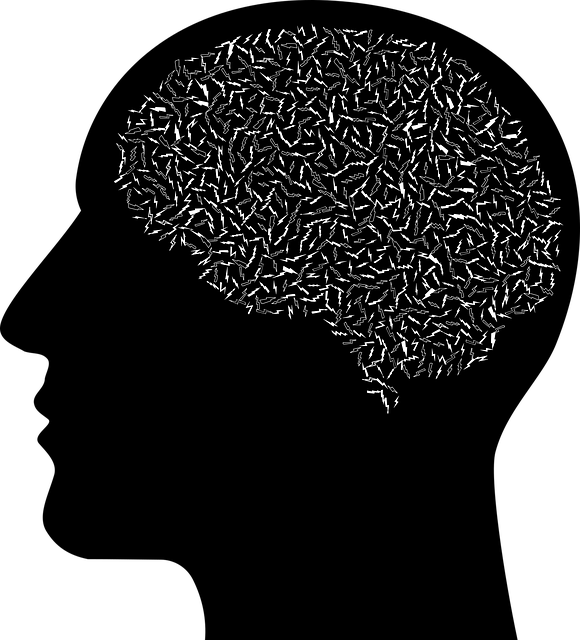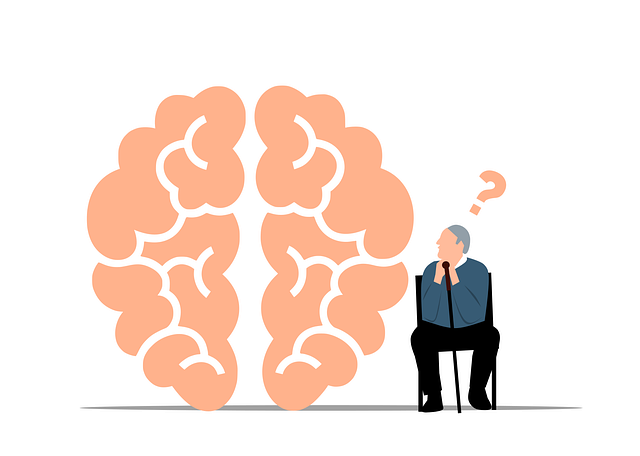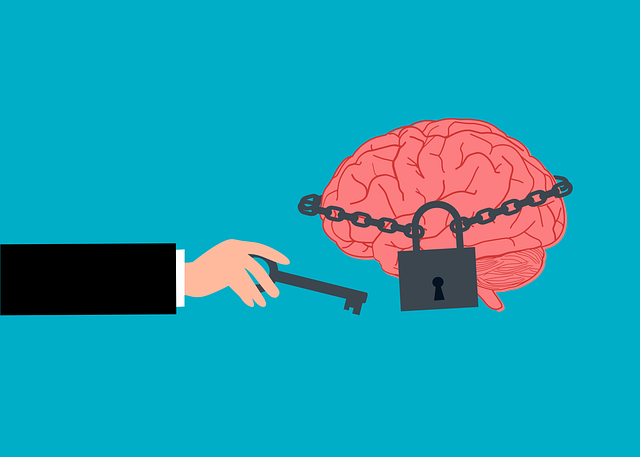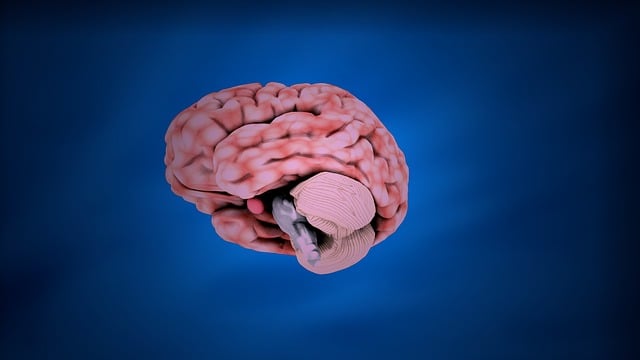Golden Dialectical Behavioral Therapy (DBT) offers a structured, compassionate approach to managing grief and loss, integrating emotions into life narratives. Through mindfulness, distress tolerance, emotion regulation, and interpersonal skills, DBT equips individuals with tools to confront feelings, identify triggers, and adopt healthier coping mechanisms. Cultural sensitivity ensures tailored support for diverse beliefs and customs surrounding death and mourning, making DBT a powerful "golden standard" for improving mental wellness during times of significant change and sorrow.
Loss, grief, and bereavement are universal human experiences that can be profoundly challenging. Understanding these complex emotions is crucial for healing. This article explores the emotional journey of loss, introducing Dialectical Behavioral Therapy (DBT) as a powerful tool for navigating this difficult terrain. We delve into the golden rules of DBT—mindfulness, distress tolerance, and emotion regulation—and explain how counseling can serve as a vital support system during bereavement, offering comfort and opportunities for growth.
- Understanding Loss, Grief, and Bereavement: The Emotional Journey
- Introducing Dialectical Behavioral Therapy (DBT): A Powerful Tool for Healing
- Golden Rules of DBT for Navigating Grief: Mindfulness, Distress Tolerance, and Emotion Regulation
- Counseling as a Support System: Finding Comfort and Growing Through Bereavement
Understanding Loss, Grief, and Bereavement: The Emotional Journey

Understanding loss, grief, and bereavement is a complex emotional journey that involves processing deep sorrow and adjusting to life after a significant death. It’s not simply a reaction but a multifaceted process influenced by individual experiences, cultural contexts, and unique coping mechanisms. The golden thread that weaves through this challenging period is the ability to integrate these intense emotions into one’s life narrative, fostering resilience and healing.
Golden Dialectical Behavioral Therapy (DBT) offers a therapeutic framework that guides individuals through this journey by teaching skills in mindfulness, distress tolerance, emotion regulation, and interpersonal effectiveness. By embracing the Mind Over Matter principles, clients learn to confront and accept their emotions, understand their triggers, and develop healthier coping strategies. Cultural sensitivity in mental healthcare practice plays a vital role too, ensuring that counseling approaches are tailored to respect diverse beliefs and customs surrounding death and mourning.
Introducing Dialectical Behavioral Therapy (DBT): A Powerful Tool for Healing

Dialectical Behavioral Therapy (DBT) is a highly effective form of mental wellness coaching that has gained recognition as a powerful tool for managing and overcoming grief, loss, and bereavement. This therapy was originally developed to treat individuals with borderline personality disorder but has since been adapted for various challenges, including depression prevention and the complex emotions associated with grief. DBT offers a unique blend of cognitive-behavioral techniques and mindfulness practices, enabling clients to develop skills for emotional regulation, distress tolerance, interpersonal effectiveness, and acceptance—all essential components for navigating the healing process.
By participating in structured DBT programs, individuals experiencing loss can learn to confront and accept their emotions, challenge unhelpful thinking patterns, and build a supportive network. This therapeutic approach encourages self-awareness, fostering an environment where clients can explore their feelings and gain valuable insights into their grieving process. The gold standard of Dialectical Behavioral Therapy lies in its ability to provide practical tools for managing intense emotions while promoting healthy coping mechanisms, ultimately contributing to improved mental wellness and resilience during times of profound change and sorrow.
Golden Rules of DBT for Navigating Grief: Mindfulness, Distress Tolerance, and Emotion Regulation

Navigating grief can be a challenging journey, but Golden Dialectical Behavioral Therapy (DBT) offers valuable tools to help individuals cope with loss. The three core components of DBT—mindfulness, distress tolerance, and emotion regulation—form the golden rules for managing bereavement.
Mindfulness helps individuals stay present and grounded during difficult times. By focusing on the here and now, one can avoid getting overwhelmed by intense emotions. Distress tolerance provides practical strategies to tolerate and manage painful feelings without making the situation worse. This includes skills like self-soothing techniques and distress-reducing activities. Emotion regulation focuses on understanding and managing emotional responses, allowing individuals to respond adaptively rather than reacting impulsively. These skills are crucial for processing grief in a healthy manner and fostering resilience over time. Additionally, integrating these principles into daily life can enhance overall emotional intelligence and anxiety relief, contributing to a more manageable path through bereavement.
Counseling as a Support System: Finding Comfort and Growing Through Bereavement

Counseling serves as a vital support system for individuals navigating loss, grief, and bereavement. It offers a safe space to process emotions, remember loved ones, and explore coping mechanisms. Through compassionate guidance, mental health professionals help clients develop essential coping skills development and self-care practices tailored to their unique journeys. This therapeutic approach encourages individuals to confront and understand their feelings, fostering resilience and personal growth in the midst of sorrow.
Integrating evidence-based techniques like Dialectical Behavioral Therapy (DBT), counseling provides effective tools for managing intense emotions and promoting healthy coping strategies. By engaging in these practices, bereaved individuals can find comfort, process their loss, and gradually move towards healing and a renewed sense of well-being. The supportive environment facilitates open communication, encouraging clients to explore the complexities of grief while cultivating a deeper understanding of themselves and their capacity for resilience.
Loss, grief, and bereavement are profound experiences that can deeply impact an individual’s life. By understanding these emotions and utilizing effective tools like Dialectical Behavioral Therapy (DBT), one can navigate this challenging journey with greater resilience. The golden rules of DBT—mindfulness, distress tolerance, and emotion regulation—offer valuable strategies to manage intense feelings and foster healing. Through counseling, individuals find a supportive system, enabling them to process grief, find comfort, and ultimately grow from the experience. Embracing these principles can revolutionize one’s approach to coping with loss, leaving a lasting positive impact.











